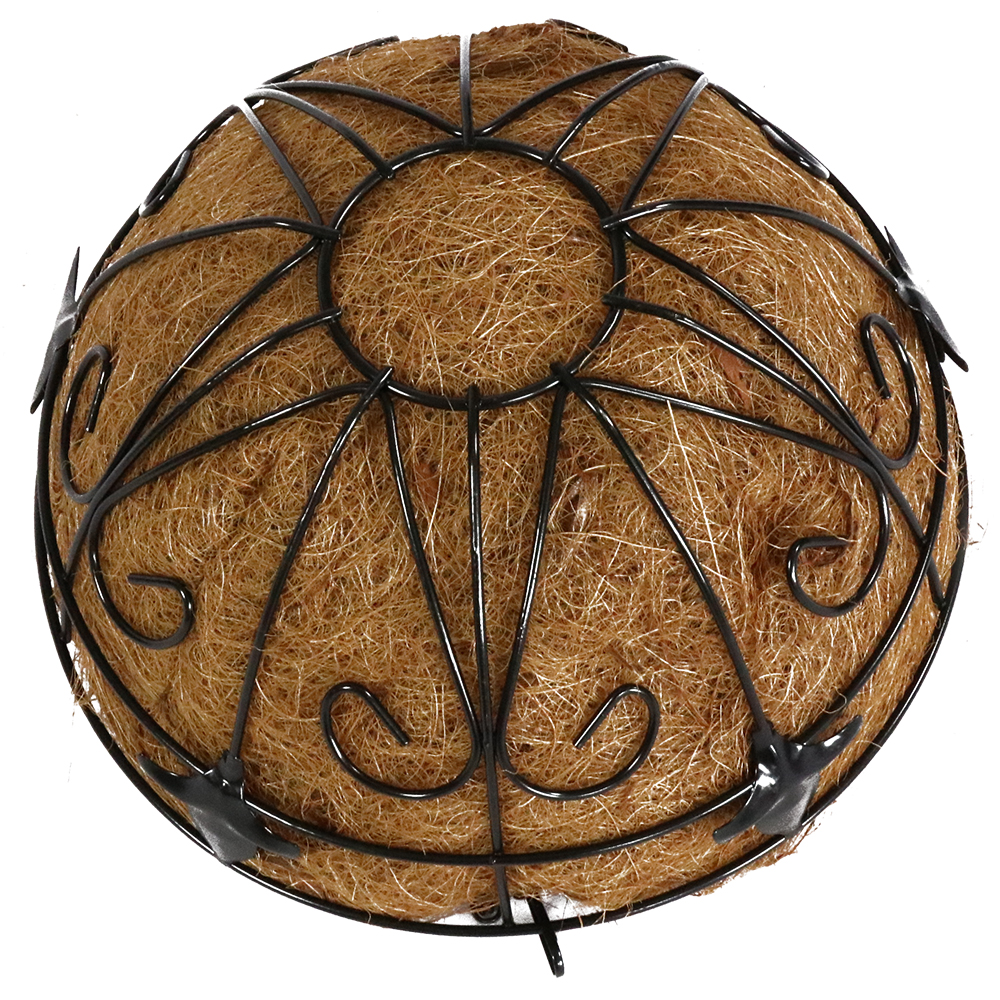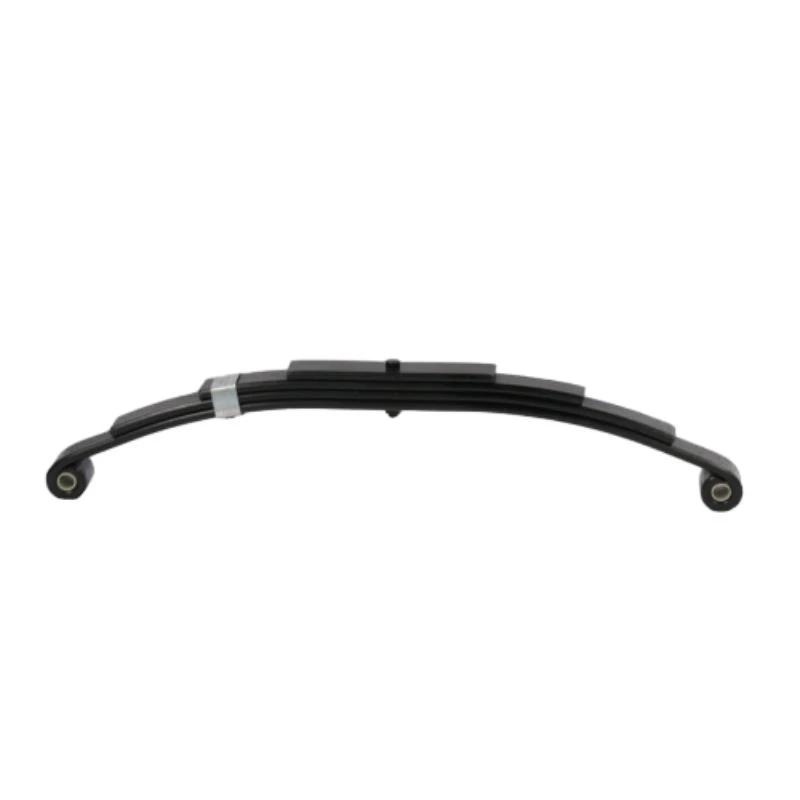Innovative Ground Screw Foundations for Sustainable Home Construction Solutions
11月 . 23, 2024 20:08
Ground Screw House Foundations An Innovative Solution for Modern Construction
In the realm of modern construction, the choice of foundation can significantly impact the longevity, stability, and sustainability of a building. Among the various foundation options available, ground screw foundations have emerged as a revolutionary solution that combines efficiency, durability, and minimal environmental impact. This article explores the benefits, installation process, and applications of ground screw technology in house foundations.
What are Ground Screws?
Ground screws are helical devices made of high-grade steel that are drilled into the ground to serve as a sturdy foundation for structures. Resembling large screws, they are designed to penetrate soil efficiently, providing immediate support and stability to buildings. Their installation requires minimal excavation and can be adjusted to various depths according to the load requirements of the structure.
Advantages of Ground Screw Foundations
1. Speed of Installation One of the primary benefits of ground screw foundations is their rapid installation process. Unlike traditional concrete foundations, which require significant curing time and extensive earthworks, ground screws can be installed in a matter of hours. This efficiency can significantly reduce labor costs and project timelines, making them an attractive option for builders and home buyers alike.
2. Minimal Environmental Impact Ground screw foundations are an environmentally friendly option for construction. Traditional foundations often involve substantial excavation, which can lead to soil displacement and environmental disruption. However, ground screws require far less excavation, thus preserving the integrity of the surrounding landscape and minimizing ecological disturbance.
3. Versatility Ground screws can be utilized in various soil types, including sandy, clayey, or rocky terrains. Their adaptability makes them suitable for diverse applications, whether for residential homes, commercial buildings, or even temporary structures. This versatility extends to their usage in both new constructions and renovations, allowing builders to overcome challenging site conditions effectively.
ground screw house foundation

4. Cost-Effectiveness While the initial cost of ground screws may be comparable to traditional foundations, the overall savings become apparent when considering the reduced labor time, fewer materials needed, and lack of required heavy machinery. These factors contribute to making ground screw foundations a cost-effective choice in the long run.
5. Structural Integrity and Longevity Ground screws are incredibly robust, withstanding various forces, including seismic and wind loads. They can also accommodate soil movement and settling, reducing the risk of structural damage over time. This resilience ensures longevity, making them a reliable foundation choice for homeowners.
Installation Process
The installation of ground screw foundations begins with a thorough site assessment, which helps determine the type and number of screws required for the project. Once the plans are finalized, a drilling machine is used to position the screws in the designated locations. The screws are rotated deep into the ground, anchoring them securely. Because they can be installed with precision, the resulting structure is often level and free of the complications associated with uneven settling.
Applications
Ground screws are suitable for a wide range of construction projects, from residential homes to larger commercial buildings. They are particularly advantageous in areas prone to unstable soil conditions or where digging traditional footing systems would be burdensome. Additionally, ground screws are ideal for temporary installations, such as outdoor event structures or portable cabins, where a non-permanent foundation is beneficial.
Conclusion
Ground screw foundations represent an innovative and efficient alternative to traditional foundation systems in construction. With numerous advantages, including quick installation, minimal environmental impact, versatility, cost-effectiveness, and structural integrity, they are increasingly being recognized as a preferred choice for various building projects. As the construction industry continues to evolve, embracing such modern techniques will undoubtedly lead to more sustainable and efficient building practices.









 Unity
Unity Creation
Creation Challenge
Challenge Contribution
Contribution










